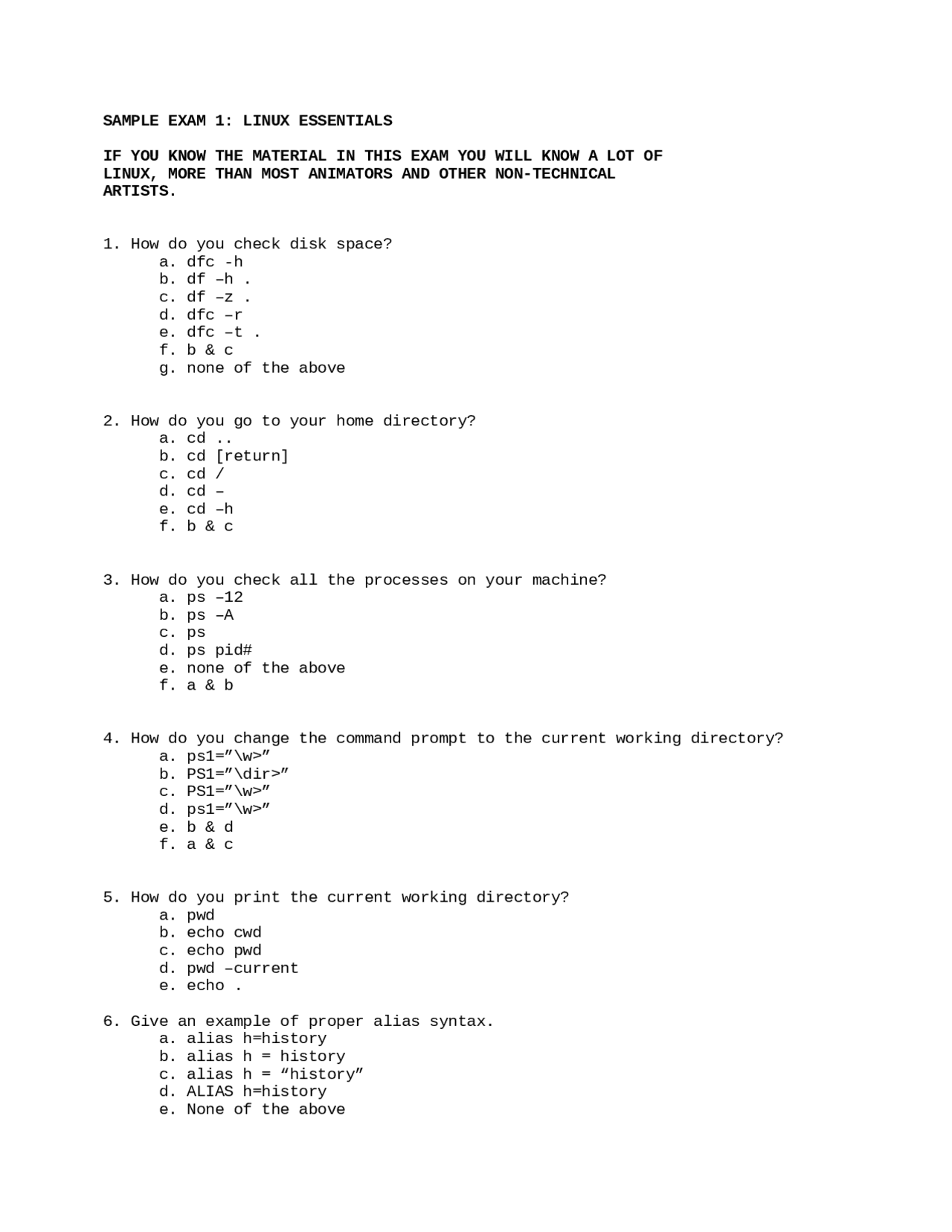Multiple choice tests are a common form of assessment used in education and various other fields. These tests typically consist of a question or statement followed by a list of possible answers, among which the test taker must choose the correct one. Multiple choice tests are popular because they are easy to grade and can efficiently assess a large amount of material.
Below are some examples of multiple choice tests that demonstrate the format and variety of questions that can be included in this type of assessment:
Examples of Multiple Choice Tests:
1. Science Test:
Question: What is the chemical symbol for gold?
A) Au
B) Ag
C) Fe
D) Pb
Correct Answer: A) Au
2. History Test:
Question: Who was the first President of the United States?
A) Thomas Jefferson
B) George Washington
C) Abraham Lincoln
D) John Adams
Correct Answer: B) George Washington
3. Math Test:
Question: What is the square root of 64?
A) 8
B) 6
C) 10
D) 4
Correct Answer: A) 8
4. English Test:
Question: Who wrote the play “Romeo and Juliet”?
A) William Shakespeare
B) Charles Dickens
C) Jane Austen
D) Mark Twain
Correct Answer: A) William Shakespeare
5. Geography Test:
Question: What is the capital of France?
A) Madrid
B) Rome
C) Paris
D) London
Correct Answer: C) Paris
Multiple choice tests can cover a wide range of subjects and can be tailored to assess different levels of difficulty. They are a versatile assessment tool that can be used in various educational settings to evaluate students’ knowledge and understanding of a particular topic.
In conclusion, multiple choice tests are a popular and effective way to assess knowledge and understanding. By providing a list of possible answers, these tests can efficiently evaluate a large amount of material in a relatively short amount of time. The examples provided above demonstrate the variety of questions that can be included in multiple choice tests across different subjects.
